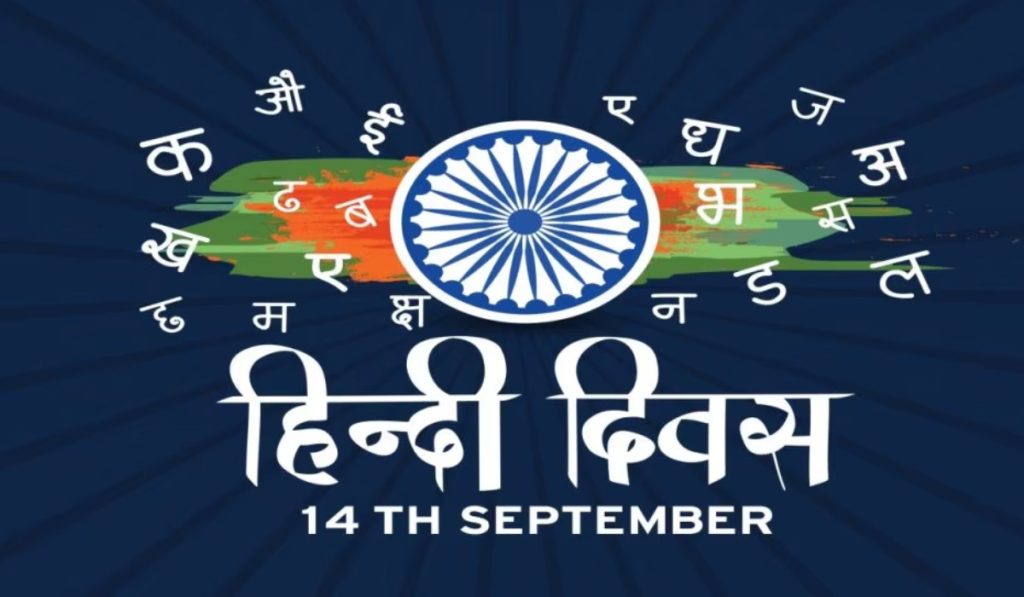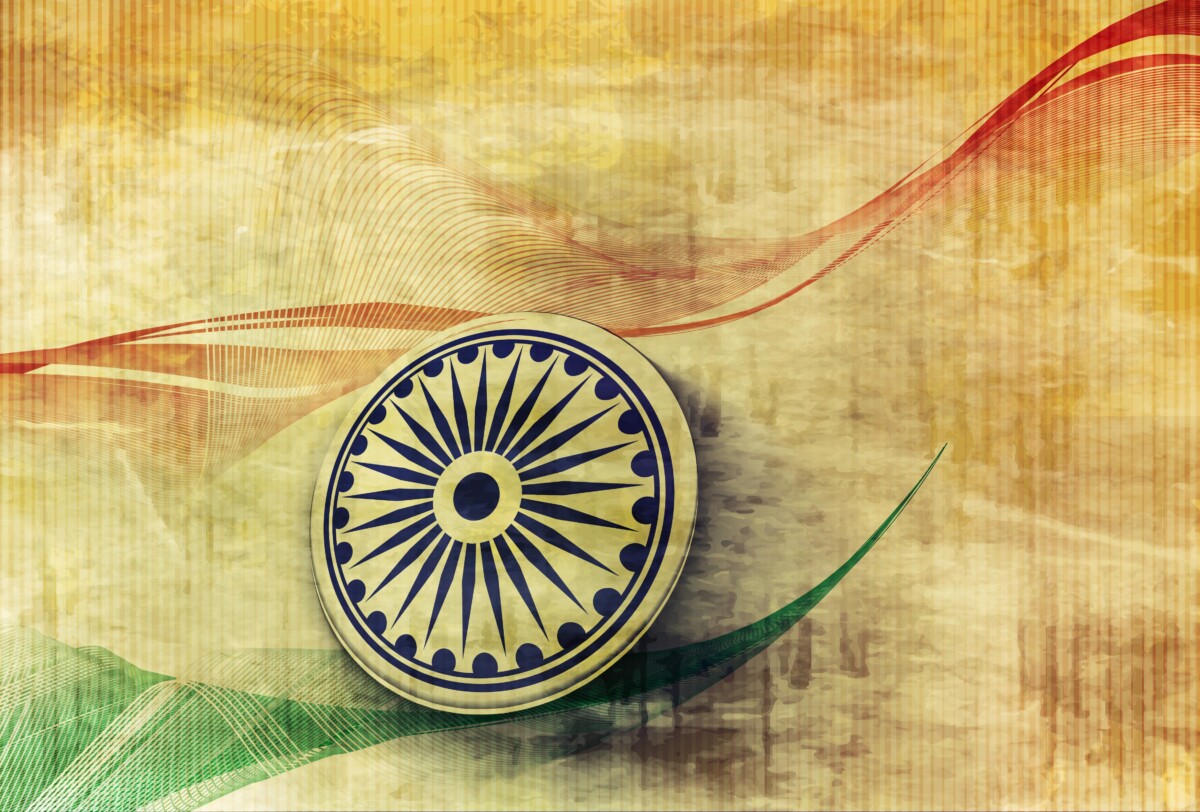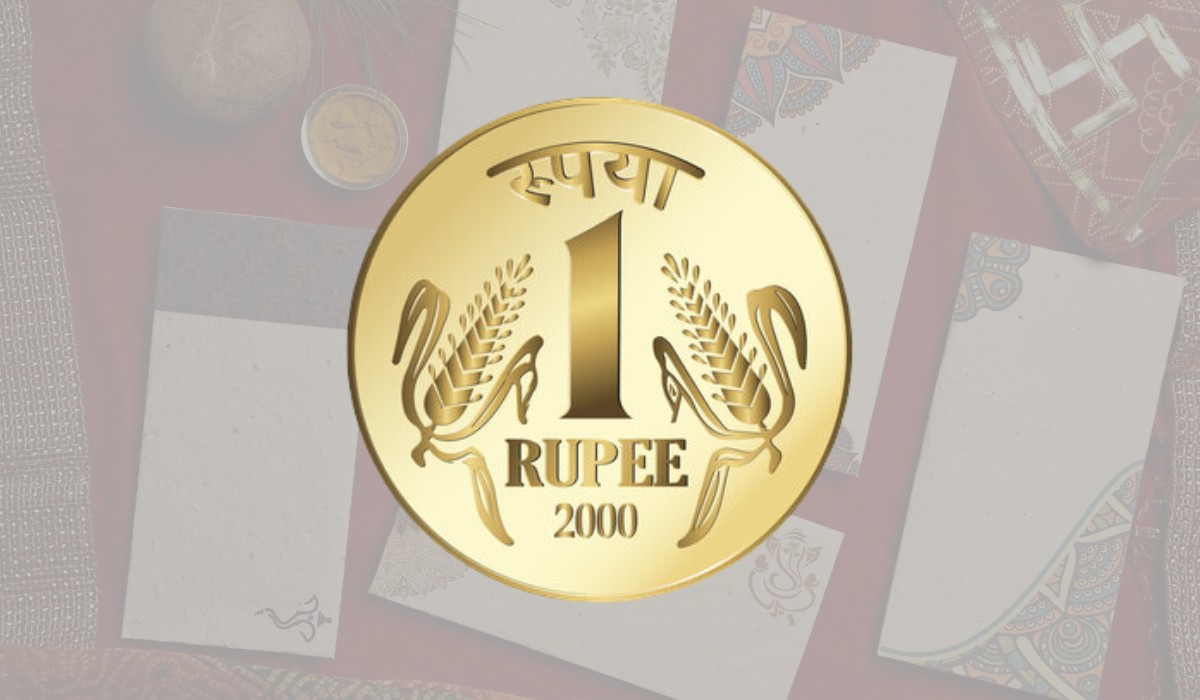Hindi, one of India’s official languages, carries a legacy as rich and diverse as the nation itself. On Hindi Diwas, we delve into the fascinating world of the Hindi language, exploring its history, unique features, and why it deserves celebration.
I. The Beauty of Hindi:
- Diverse Linguistic Heritage: Hindi is a member of the Indo-Aryan language family and shares its roots with Sanskrit, the ancient language of scholars and scriptures. This connection gives Hindi a profound linguistic heritage.
- Devanagari Script: Hindi is written in the Devanagari script, which is not only aesthetically pleasing but also remarkably phonetic. Each character represents a sound, making it an accessible script for learners.
- Hindi Literature: Hindi boasts a vast literary tradition with legendary poets like Tulsidas, Kabir, and Mirabai. It has a diverse range of literature, from epic tales like the Ramayana to contemporary poetry and prose.

Also Read: The Power of Positive Thinking: How to Cultivate a Positive Mindset
II. Fascinating Facts about Hindi:
- No Goodbyes: Unlike many languages, Hindi doesn’t have a specific word for “goodbye.” Instead, phrases like “Alvida” and “Phir milenge” convey the sentiment of “Until we meet again,” highlighting the hope of future connections.
- Non-Gendered: Hindi is a non-gendered language, which means that words don’t have gender-specific forms. This linguistic feature promotes gender inclusivity and neutrality.
- Numerical Precision: Hindi numbers are exceptionally logical and follow a consistent pattern, making mathematical operations and calculations more straightforward.
III. Hindi Diwas: A Celebration of Language and Culture:

- Historical Significance: Hindi Diwas, celebrated on September 14th, marks the day when Hindi was adopted as one of India’s official languages in 1949. It honors the efforts to promote and preserve the language’s cultural significance.
- Unity in Diversity: India’s linguistic diversity is a source of national pride. Hindi Diwas promotes unity by celebrating the diversity of languages spoken across the country while acknowledging Hindi’s role as a unifying force.
- Promoting Hindi: The day encourages the use of Hindi in administration, education, and daily life. Hindi Diwas celebrations often include cultural events, seminars, and competitions to encourage linguistic excellence.
- Preserving Heritage: Hindi Diwas is a reminder of the need to preserve and nurture our linguistic heritage. It serves as a call to promote multilingualism while upholding Hindi’s significance.
Hindi is not just a language; it’s a reflection of India’s rich culture, history, and diversity. On Hindi Diwas, let’s celebrate the beauty of Hindi and the profound impact it has on our lives, uniting us in a linguistic tapestry that weaves through the heart of our nation.











